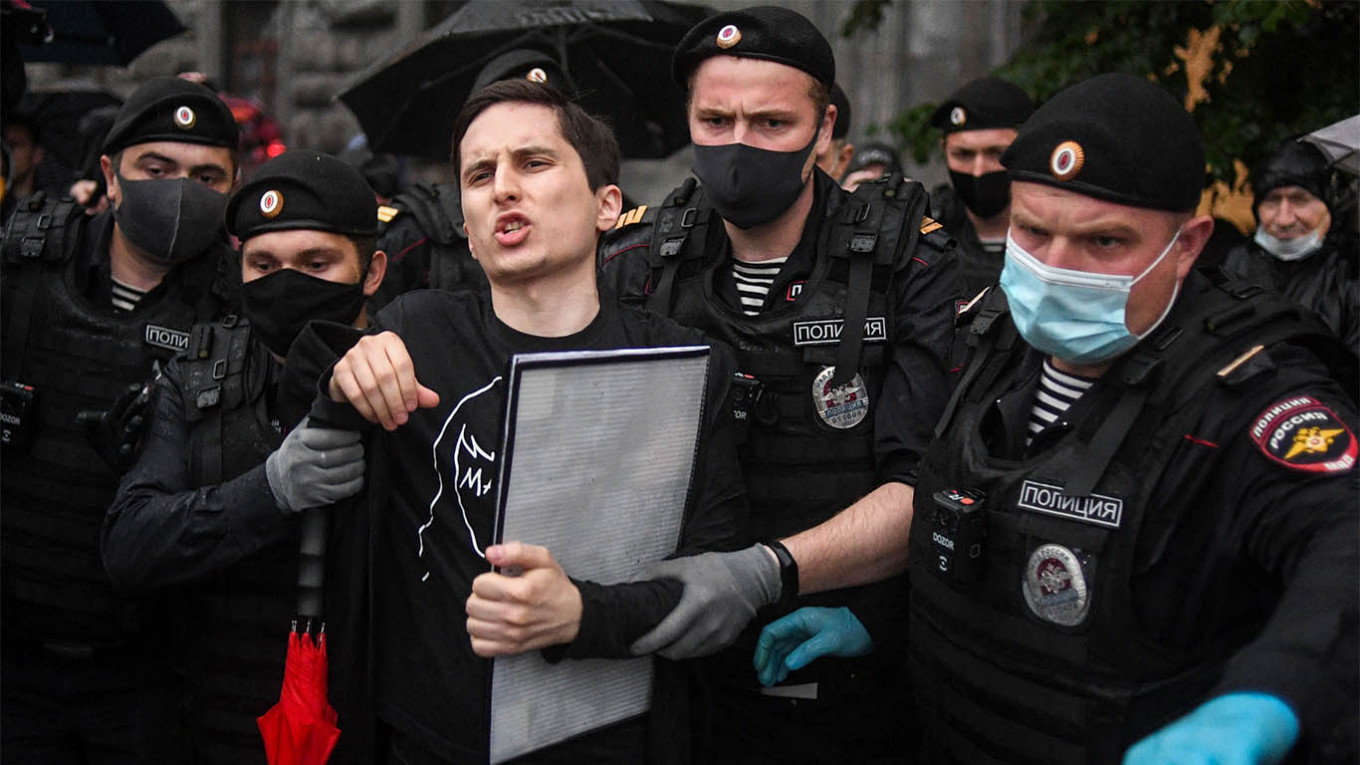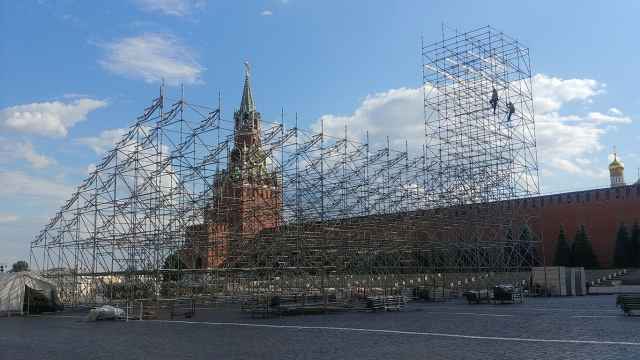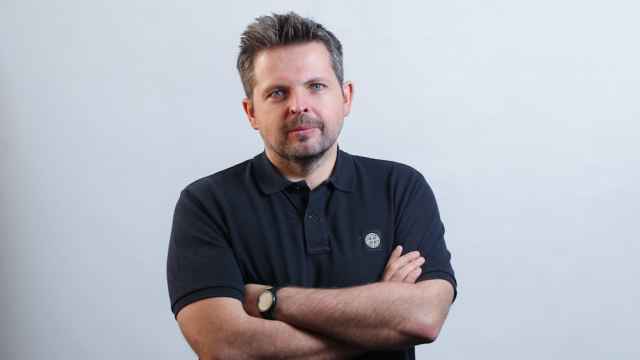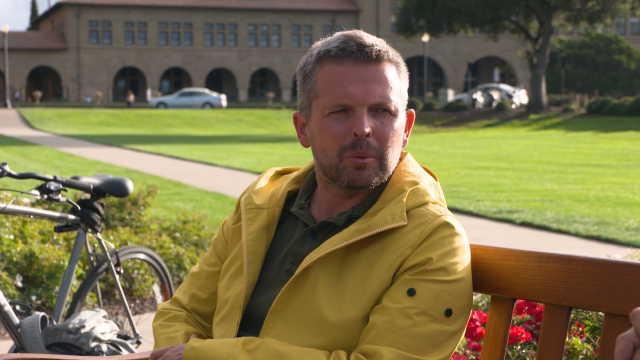In a modern twist on Aesop’s fable about the boy who cried wolf, Russian liberals repeatedly shout about a “new ‘37.” That is, they habitually raise the alarm that the country is about to experience a repeat of the worst of the great Stalinist terror of 1937, when masses of innocent people were arrested at night and sent either to their execution or to the Siberian Gulag camps.
In fact, such warnings began in the late 1960s, after former Soviet leader Nikita Khrushchev’s forced resignation and a “chill” set in under his successor, former Soviet leader Leonid Brezhnev. During the final years of the Soviet era, popular Siberian underground punk rocker Yegor Letov recalled those times with these lyrics:
Perestroika has slowed down time
Imperceptibly preparing us for
Then screaming at the top of his lungs:
A new ’37!
Talk of a “new ‘37” resurfaced almost immediately after Vladimir Putin came to power in 2000. The young and self-confident chekist was popular with many Russians, but not with old-school democrats or human rights activists already battle-hardened from scuffles with the KGB. It seemed almost funny at the time, and even spawned a new portmanteau of political slang: “demshiza,” from “democrat” and “shizofrenia” (“schizophrenia”).
Over the 20 years of Putin’s rule, the catchwords “new ‘37” morphed into a journalistic cliché and, ultimately, a meme. The opposition trotted out this old standby every time the authorities shackled or shut down another independent media outlet, threw another businessman in jail, toughened laws or leveled politically motivated criminal charges against an unsuspecting victim. And every time the rest of the country felt like the liberals cried “wolf.”
After all, the Great Repression of ’37 was a time of mass persecutions, whereas these were targeted crackdowns against specific individuals and organizations.
A type of semantic uncertainty — in which there is repression, but not against everyone, and only enough to warrant the occasional critical post on Facebook or attendance at a protest rally — has reigned in Russia for years, right up until the plebiscite on the Constitution on July 1.
Even now, it’s not clear exactly what has really changed, other than that Putin can remain in office until 2036. But for some reason, the siloviki suddenly redoubled their activity once the voting had ended and things feel different.
The authorities have since arrested and accused Ivan Safronov, the former correspondent of a leading business newspaper, of spying for the Czech Republic; subjected Mediazona publisher and Pussy Riot member Pyotr Verzilov to an insane number of searches and leveled criminal charges against him for holding a Canadian passport; brought terrorism charges against Pskov journalist Svetlana Prokopieva; requested a 15-year sentence for historian and civil rights activist Yuri Dmitriev of Karelia; and prosecuted an activist in the Far East for drawing a vagina.
Every day, without interruption, brings more searches, detentions, arrests and criminal charges.
What’s going on? Nobody knows, but this time it really is scary. Not for what might happen, but for what has already happened. Worse, the borders are closed due to the pandemic. There is nowhere to flee to, and the search and detentions just keep coming. First it happens to a friend of a friend. Then a close friend. Who’s next? Those with the courage to protest don’t make it home again but wind up in police custody.
Maybe there is no deeper logic behind all of this than the desire to intimidate the population, to instill terror — in the literal sense of the word. It has become a mechanical morning ritual: wake up and scan the news to learn whom the authorities came for that day.
They always come for someone. And, if one day no new names were to appear in this relentless roll call of repression, it could only mean one thing: that they had arrested everyone who could possibly report the news.
This might not be a “new ’37,” but it is devilishly disturbing, whatever it is.
A Message from The Moscow Times:
Dear readers,
We are facing unprecedented challenges. Russia's Prosecutor General's Office has designated The Moscow Times as an "undesirable" organization, criminalizing our work and putting our staff at risk of prosecution. This follows our earlier unjust labeling as a "foreign agent."
These actions are direct attempts to silence independent journalism in Russia. The authorities claim our work "discredits the decisions of the Russian leadership." We see things differently: we strive to provide accurate, unbiased reporting on Russia.
We, the journalists of The Moscow Times, refuse to be silenced. But to continue our work, we need your help.
Your support, no matter how small, makes a world of difference. If you can, please support us monthly starting from just $2. It's quick to set up, and every contribution makes a significant impact.
By supporting The Moscow Times, you're defending open, independent journalism in the face of repression. Thank you for standing with us.
Remind me later.








